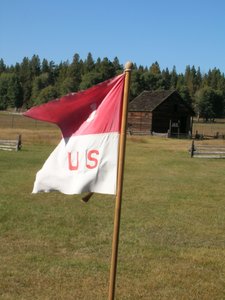My notes and sketches
I see that the scanned pages didn’t display. I will try to fix that and post them separately, as these notes won’t mean much if you can’t see the sketches. But I’ll leave this as it is and if I can get the pages uploaded correctly you will be able to compare.
I know you cannot read the written words on these pages. Don’t worry about it. Look at the sketches, and after each page I will type out what the words on the page were.
Armed only with these sketches and words, and this summary, the eight-Judge panel had to pick one photo of four printed in color on an 8 1/2 x 11 piece of paper. Do you think you could have done it? You will get your chance when I upload Folder J.
http://hologrambooks.com/hologrambooksblog/wp-content/uploads/2008/10/sketch1.doc
Continue reading Remote Viewing. A first-hand experience (2)

